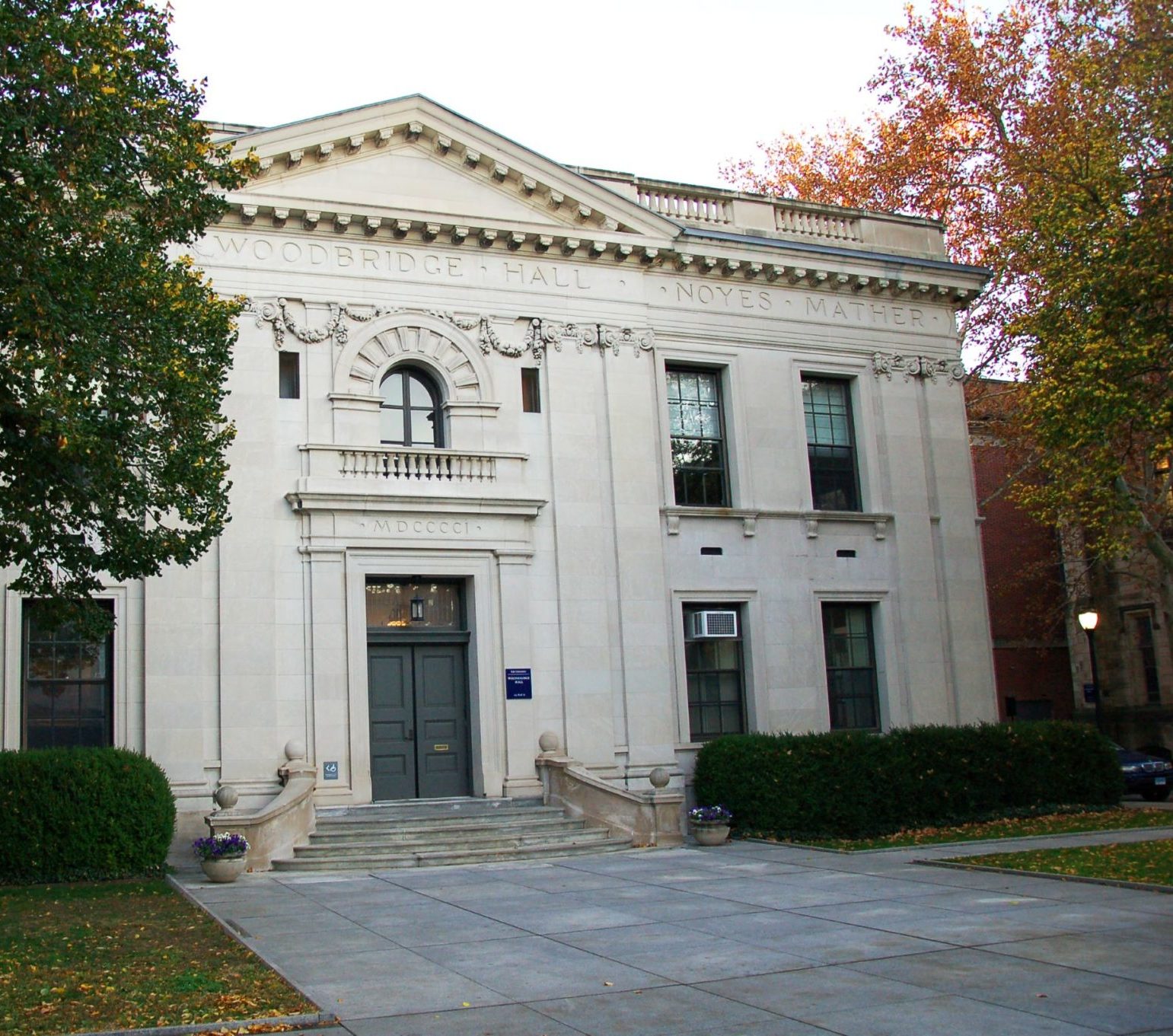
Courtesy of Aydin Akyol
Even as the coronavirus challenges the University’s status quo, the Yale Corporation — a body steeped in tradition — will conduct this year’s alumni fellow election as planned.
Last week, the University notified alumni of the two Yale-approved candidates: Maurie McInnis GRD ‘96 and Carlos Moreno ’70. The Corporation has 17 members — six of whom are alumni fellows. A new alumni fellow joins the Corp every year at the end of the academic year. Candidates can end up on the ballot through two methods: selection by the Alumni Fellow Nominating Committee or a successful bid as a petition candidate. Both McInnis and Moreno fall into the former category, and now alumni will have until May 17 at midnight to cast their votes between them.
“Each year, the committee nominates exceptional leaders with the knowledge and skills to serve the Corporation’s governing and advisory activities in support of Yale’s mission,” Jerry Henry DIV ’80, chair of this year’s nominating committee, wrote to alumni in announcing the candidates. “To create diverse and well-balanced leadership, the committee identifies individuals whose expertise and experience complement those of current trustees.”
According to the official election materials the Corporation sends to alumni, McInnis currently serves as the provost of the University of Texas at Austin, but she will move to another position as the president of Stony Brook University in July. She earned her PhD from Yale in Art History, and has authored several books on American cultural history. She also served in several academic roles at the University of Virginia, such as the vice provost for academic affairs.
Moreno’s career has focused more on legal and international affairs than academia. After graduating from Yale, he studied law at Stanford and eventually served on the Supreme Court of California from 2001 to 2011 as the court’s third Latino member. After working as the United States Ambassador to Belize from 2014 to 2017, Moreno began his current role as a mediator with Judicial Arbitration & Mediation Services — an organization that manages business and legal disputes, according to its website.
Neither McInnis nor Moreno could be reached for comments. In past years, the University has blocked attempts to interview Corporation candidates, and according to Vice President for Institutional Development Martha Schall, it has been “a long-standing practice” to elect alumni fellows based solely on the information provided to alumni by the University.
“The Alumni Fellow Nominating Committee selects candidates based on their ability to bring perspective and expertise to advance the university’s mission — and not based on their stance on any particular issue or representation of a particular constituency or viewpoint,” Schall wrote in an email to the News.
A similar practice applies to the nominating committee. Multiple committee members contacted by the News did not respond to requests for comment. The one member who did respond — Harvard professor and former NAACP President and CEO Cornell William Brooks LAW ’90 — told the News that he “simply can’t” discuss the committee’s activities. In her email, Schall wrote that the committee’s deliberations remain confidential, in accordance with the Yale Alumni Association Board of Governors’ rules.
While these regulations have kept the details of Corporation elections under wraps for years, some potential candidates have expressed their displeasure at the secrecy of the proceedings. As part of his campaign as a possible petition candidate for the 2021 election, former U.S. Ambassador to Poland Victor Ashe ’67 emphasized the need for greater transparency — both with regards to Corporation elections as well as meetings.
In an interview with the News, Ashe said that while McInnis and Moreno seem like “very nice, successful people,” the University-provided information did not outline the candidates’ plans should they win a seat as a Trustee. Ashe added that he wishes the University had given alumni contact information for McInnis and Moreno, saying that in his 16 years as Mayor of Knoxville, Tennessee, citizens could almost always reach him personally on the phone.
“They’re being elected for the alumni seats, [but] there’s no references to how they plan to reflect the views of Yale alumni,” Ashe said. “What’s going to be their means of getting in touch? And listening to alumni, about the issues the Corporation may face.”
To qualify as a petition candidate, a Corporation hopeful must receive nearly 4,400 alumni signatures of support.
Maggie Thomas FES ’15 — potential petition candidate for 2021 and former climate policy advisor to Sen. Elizabeth Warren — also expressed a desire for more transparency in the Corporation, though the bedrock of her campaign is climate-conscious investing. In an interview with the News, Thomas noted Yale’s bylaws state that Corporation minutes must remain sealed until 50 years after each meeting, and that Yale and its board must be brought “a bit more into the 21st century.”
The elected alumni fellow will begin their terms on July 1, 2020.
Valerie Pavilonis | valerie.pavilonis@yale.edu







